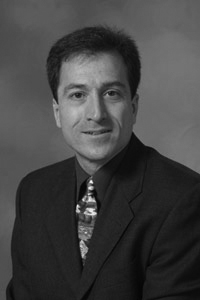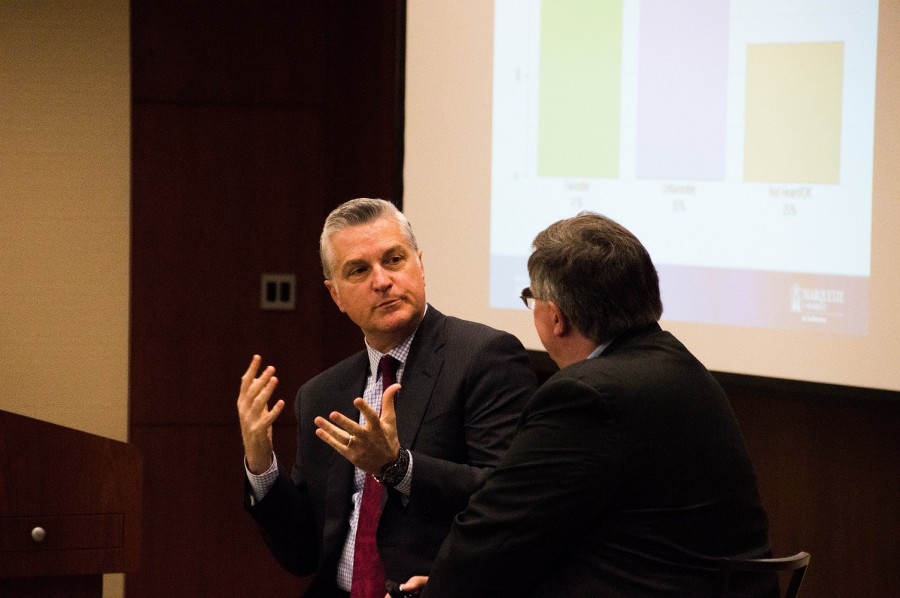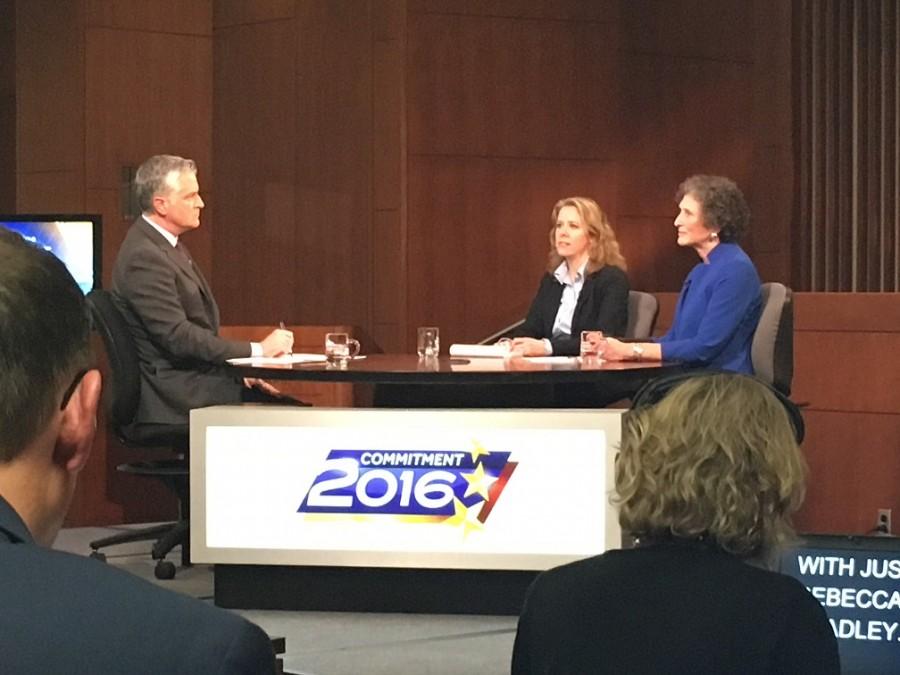With the amount of political chaos that has plagued Wisconsin over the past several months, one could have figured a state Supreme Court race without conflict would be too good to be true.
As the final votes were tallied last Tuesday, Assistant Attorney General JoAnne Kloppenburg held a slim 204-vote lead over incumbent Justice David Prosser. Although the small margin lent itself to talk of the first statewide recount in two decades, Kloppenburg claimed the race as victor.
Her claim, however, came a bit too soon.
Last Thursday, not even 48 hours after the polls had closed, it was discovered that thousands of votes from the city of Brookfield were not reported by the Waukesha county clerk on election night. Those 14,315 unreported votes pushed Prosser ahead of Kloppenburg by 7,582.
According to updated, but not yet final results compiled by Wiscpolitics.com on Monday, Prosser was ahead by 7,304 votes. Nearly 1.5 million votes were cast.
So, what caused the error?
Kathy Nickolaus, the Waukesha county clerk responsible for the incident, said in a news conference Thursday she failed to save the Brookfield votes on her computer, omitting them entirely from an unofficial total she released following the election.
“I’m thankful this error was caught early in the process,” Nickolaus said at the conference. “This is not the case of extra ballots being found, but is a human error which I apologize for.”
Nickolaus said she discovered the mistake Wednesday when she transferred the election data to a state computer program for the canvasser’s review. Upon doing so, the results from Brookfield showed a zero.
Although she noticed this on Wednesday, she said she did not report the error immediately because the totals needed to first be verified.
Kevin Kennedy, director of the state Government Accountability Board, questioned why Nickolaus waited more than a day to inform him and the public of the mistake.
In a statement, he said he would have expected the problem to be brought to his attention more quickly in a circumstance entailing such a large number of votes.
Days later, the error is still drawing reactions from the candidates and outside sources.
Although Kloppenburg has not issued a statement regarding the incident, her campaign manager, Melissa Mulliken, said it is an ongoing process.
She said the campaign made an open records request for Nickolaus’ election records and e-mails. They also began fundraising for a recount, but did not indicate whether or not it would actually take place.
If a recount occurs in Waukesha County, the candidate responsible for the request must provide its funding. However, if final state results show Kloppenburg within a 0.5 percent vote of Prosser, a statewide recount can happen for free.
Of the nearly 1.5 million votes cast, 0.5 percent would be roughly 7,500 votes. With Prosser’s current lead of 7,304 votes, Kloppenburg falls just under the need to pay.
“We’re trying to get the relevant documentation to get a fuller explanation of what went on here,” Mulliken said. “We do think there are legitimate questions to be asked.”
On the opposing side, Brian Neimor, campaign manager for Prosser, said he was open to a recount in Waukesha County, as it will affirm their margin of victory.
With no clear solution in sight, the incident raised questions regarding the current method of justice selection.
Janine Geske, former state Supreme Court Justice and professor of law, appeared on Sunday’s “Upfront” with Mike Gousha, distinguished fellow of law and public policy.
In the interview, she said although an election holds candidates accountable, the current voting error controversy is the result of a flawed system.
“It’s important for the people to understand they should want a judge that will do the right thing under the law,” Geske said. “Electing someone to vote a specific way as opposed to impartially is one of the reasons why this race was so messy to begin with.”




